Since childhood, disassembling objects and understanding their mechanisms has been more than a pastime for me: it has become a positive obsession. Over time, and especially with the arrival of my first motorcycle, this passion exploded, turning into a continuous quest for improvement and customization.
When I got my first motorcycle, this curiosity evolved into something much bigger. It wasn’t just about riding a bike; it was about understanding it, improving it, and making it my own. Over the years, through my work as a content creator, I’ve had the privilege of collaborating with mechanics, engineers, and industry experts. These collaborations taught me countless trade secrets and helped me hone my technical skills, fueling my creative journey.

The Desire for Uniqueness: Breathing New Life into a Yamaha MT-10 SP
My decision to customize my Yamaha MT-10 SP was born out of a desire to create something truly unique—a motorcycle that wasn’t just another off-the-shelf product. For me, owning a bike that looks like everyone else’s was never an acceptable solution. I wanted something that reflected my personality, creativity, and technical abilities.
But this project wasn’t just about personal expression. I also wanted to give the Yamaha MT-10 SP, a model often overlooked due to its design, a new lease on life. My vision was to merge the dynamic, sporty aesthetics of the Yamaha R1 with the robust and muscular design of the MT-10 SP. The goal was clear: to make a series of reversible, plug-and-play modifications that would enhance both the bike’s aesthetics and performance while ensuring the original structure remained intact.
Once the concept was set, the real challenge began—translating the idea into reality. Each phase of the project required careful planning, technical expertise, and a creative approach.
- Tail swap: The first step was adapting a new tailpiece to the existing frame. This involved precise measurements and modifications to ensure a seamless fit without compromising the bike’s structural integrity.
- Brake system modifications: Safety and performance are critical in any motorcycle modification. I designed and created custom adapters to maintain the braking system’s functionality and reliability.
- Electrical system relocation: The new tailpiece required a complete relocation of the electrical system. Using custom-made extensions and adapters, I moved the wiring to accommodate the changes, ensuring that the new setup was fully integrated and functional.
- Custom fairings: One of the most challenging yet rewarding aspects of the project was designing and producing the custom fairings. These components needed to meet rigorous standards for heat resistance, durability, and aesthetics to support the final paint job.
- Performance upgrades: A unique motorcycle isn’t just about looks—it needs to perform. I worked on enhancing the bike’s performance to ensure it matched its new sporty appearance.
- Custom graphics: Finally, I completed the transformation with bespoke graphics, giving the bike a striking and cohesive look that tied all the modifications together.
Overcoming Challenges: The Fairings and Beyond
Creating the custom fairings was particularly demanding due to the specific requirements they needed to fulfill. These components had to withstand heat, vibrations, and weather while maintaining a flawless surface for painting. Initially, I considered using SLS 3D printing with Nylon 12 (PA 12), a material known for its superior heat resistance (up to 120°C), stiffness, and abrasion resistance. However, the size of the required parts—measuring 539.2mm × 218.6mm × 162.5mm for one and 489.0mm × 273.0mm × 212.5mm for another—posed a challenge.
After consulting with Xometry engineers, we decided on FDM 3D printing with ABS. This material, widely used in mass-produced motorcycle parts, provided an ideal combination of heat resistance, mechanical strength, and compatibility with painting and aesthetic customization. Instead of traditional painting, the bike was wrapped in a special silver film that convincingly mimics the look of paint, with blue details carefully added afterward. For the fairing, we sanded the surface to achieve a smooth, uniform texture before applying paint. By collaborating with Xometry, I was able to tackle these technical challenges and create fairings that perfectly matched my specifications.
Throughout the project, I faced numerous challenges that tested my patience and problem-solving skills. Finding the right parts and craftsmen to create custom extensions and adapters for the electrical system was a long and arduous process. Ensuring the new wiring was perfectly compatible and integrated required meticulous planning and execution. However, overcoming these obstacles made the final result even more satisfying, as every piece of the puzzle came together seamlessly.
Reflections and the Road Ahead: A Unique Journey on Two Wheels
With the Yamaha MT-10 SP fully transformed, the next chapter is simple: it’s time to hit the road. This bike is no longer just a mode of transport; it’s a reflection of my creativity, determination, and technical expertise. Riding it is about more than just enjoying the open road—it’s about experiencing the culmination of months of effort and dedication.
Looking ahead, I’m already dreaming of future projects. 2025 promises to be an exciting year, with plans for even more ambitious and business-oriented ventures. Whether it’s another custom motorcycle or something entirely different, I can’t wait to take on the challenge. Stay tuned for what’s next!
Check Freccia Verde’s YouTube channel: https://www.youtube.com/channel/UCN6UPIAvhdjJ9YQmWQOuXoQ
Have you ever customized a motorcycle or considered using 3D printing for your own projects? Share your experiences, challenges, or ideas in the comments
Share Your Engineering or Product Design Story
Share Your Story!
Share your engineering and product design journey and get a €300 reward! Showcase your innovative solutions and best practices with our community.
 Europe
Europe  Türkiye
Türkiye  United Kingdom
United Kingdom  Global
Global 

 Login with my Xometry account
Login with my Xometry account  0
0







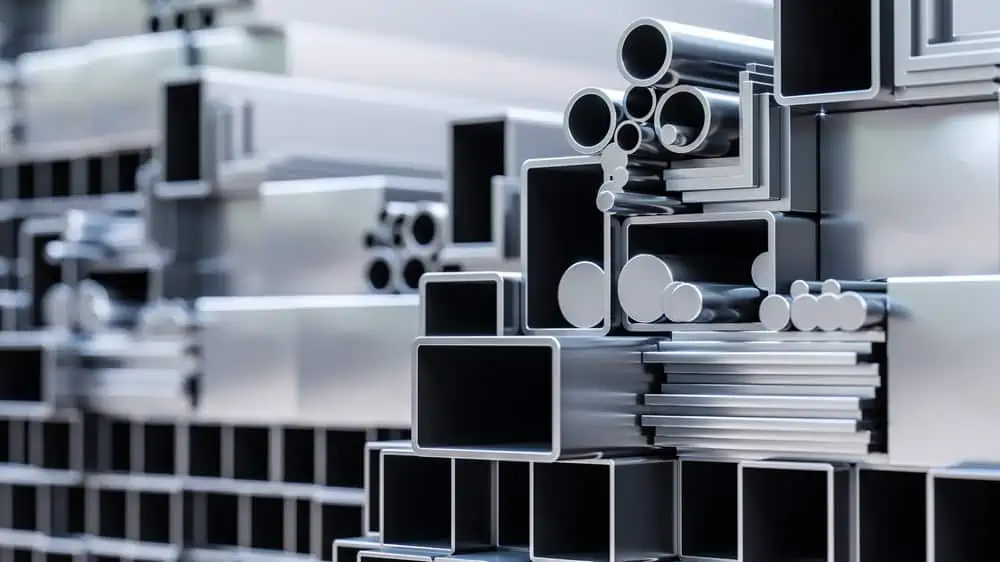
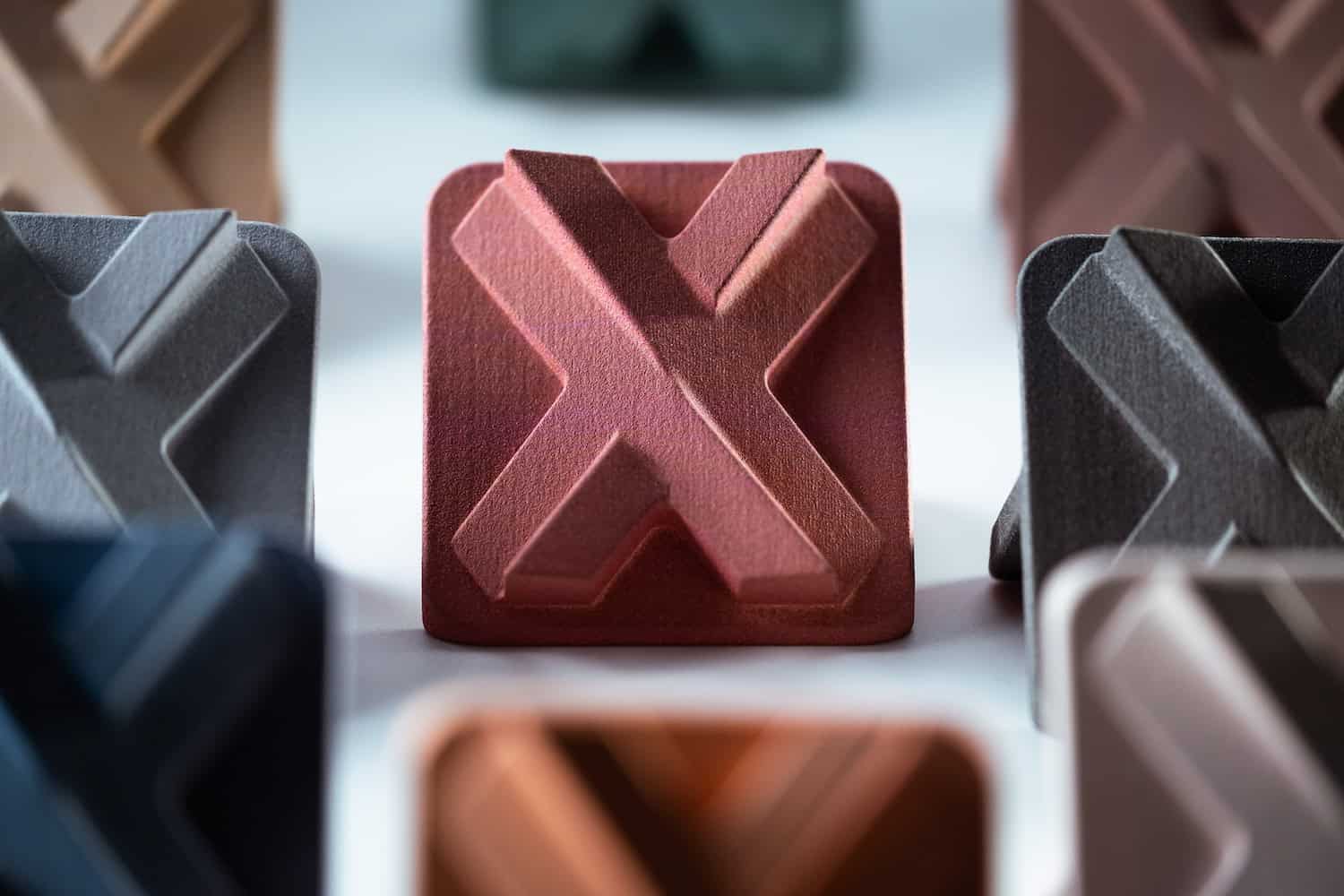
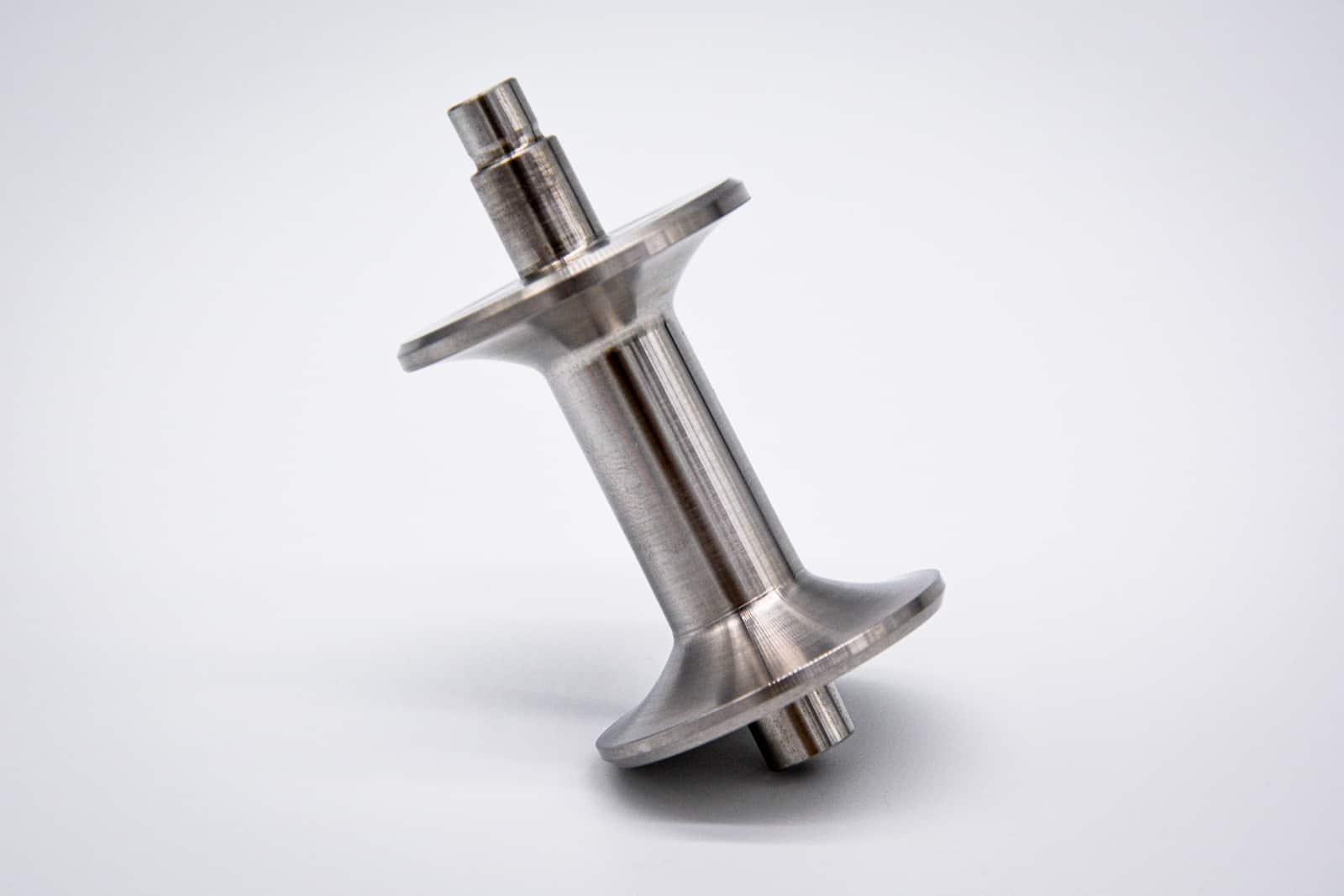
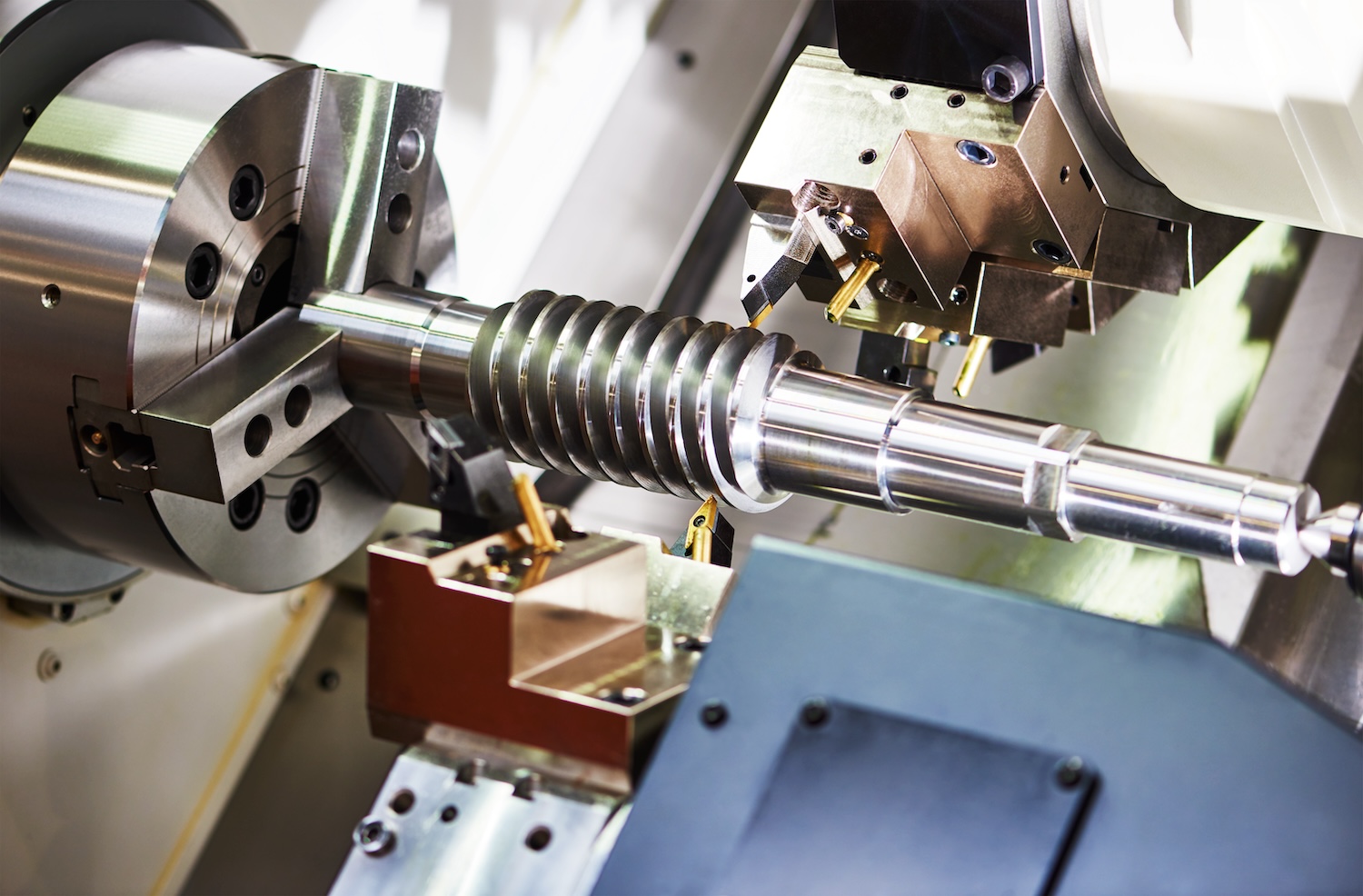
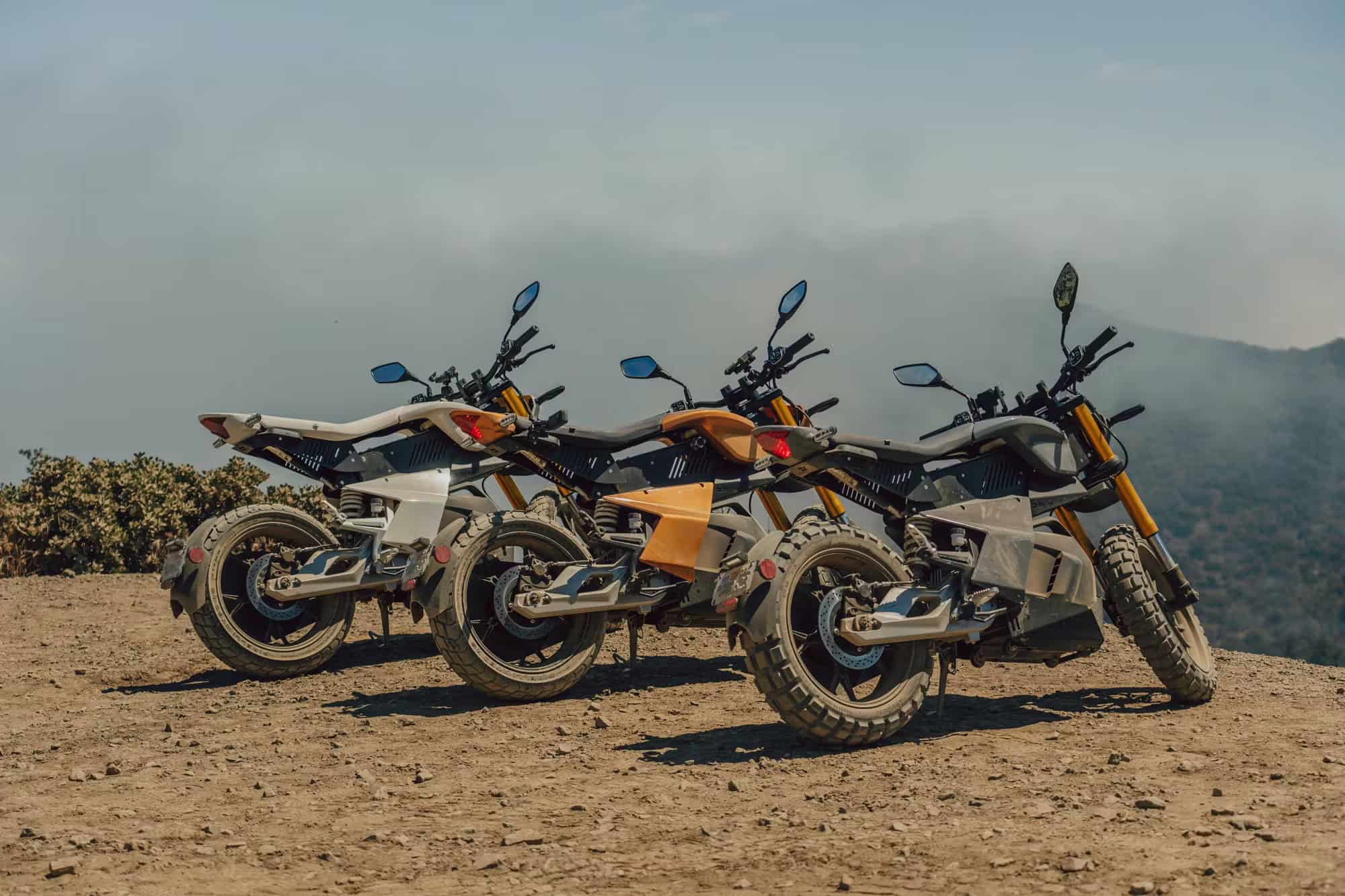
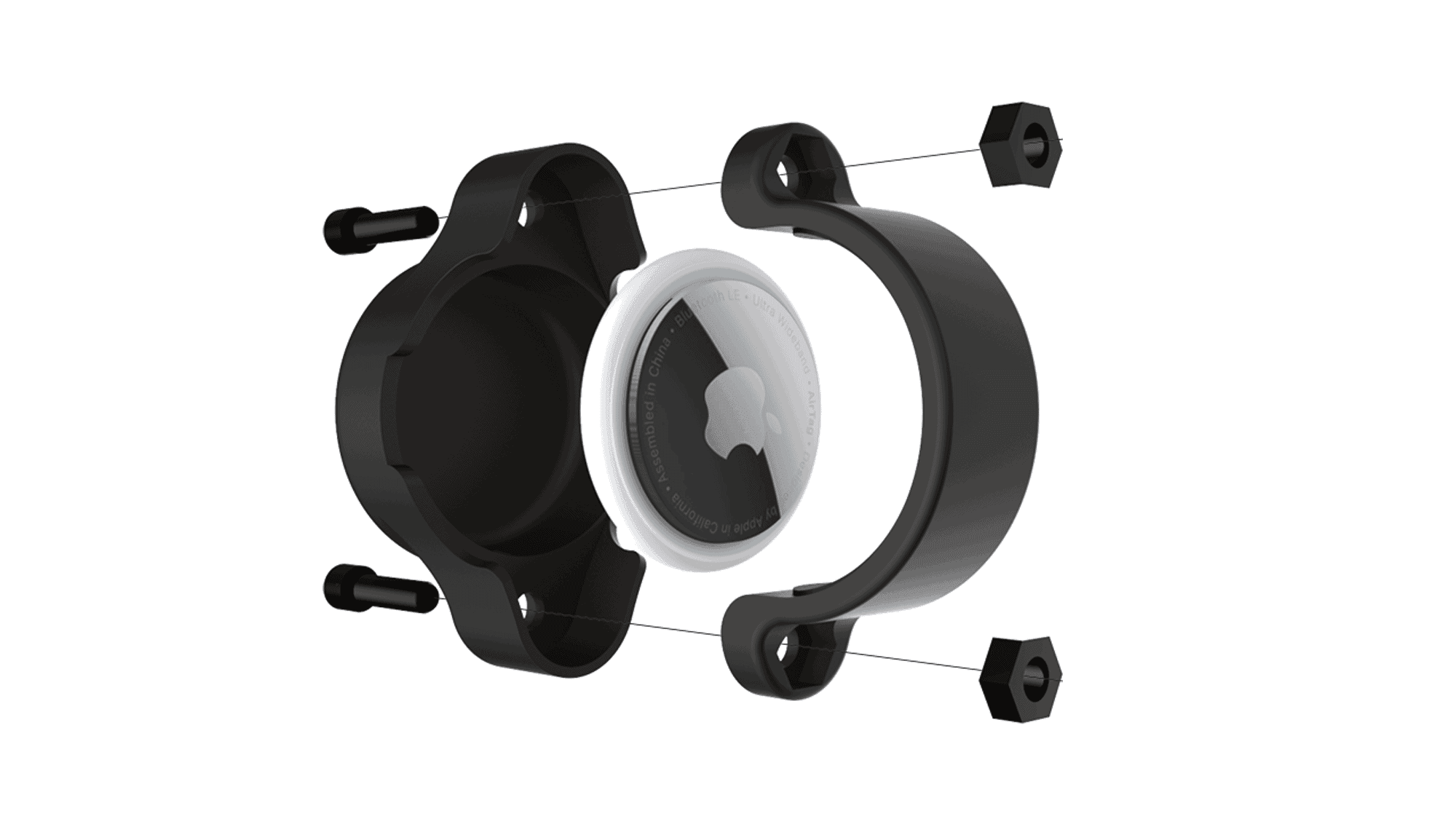


Comment(0)